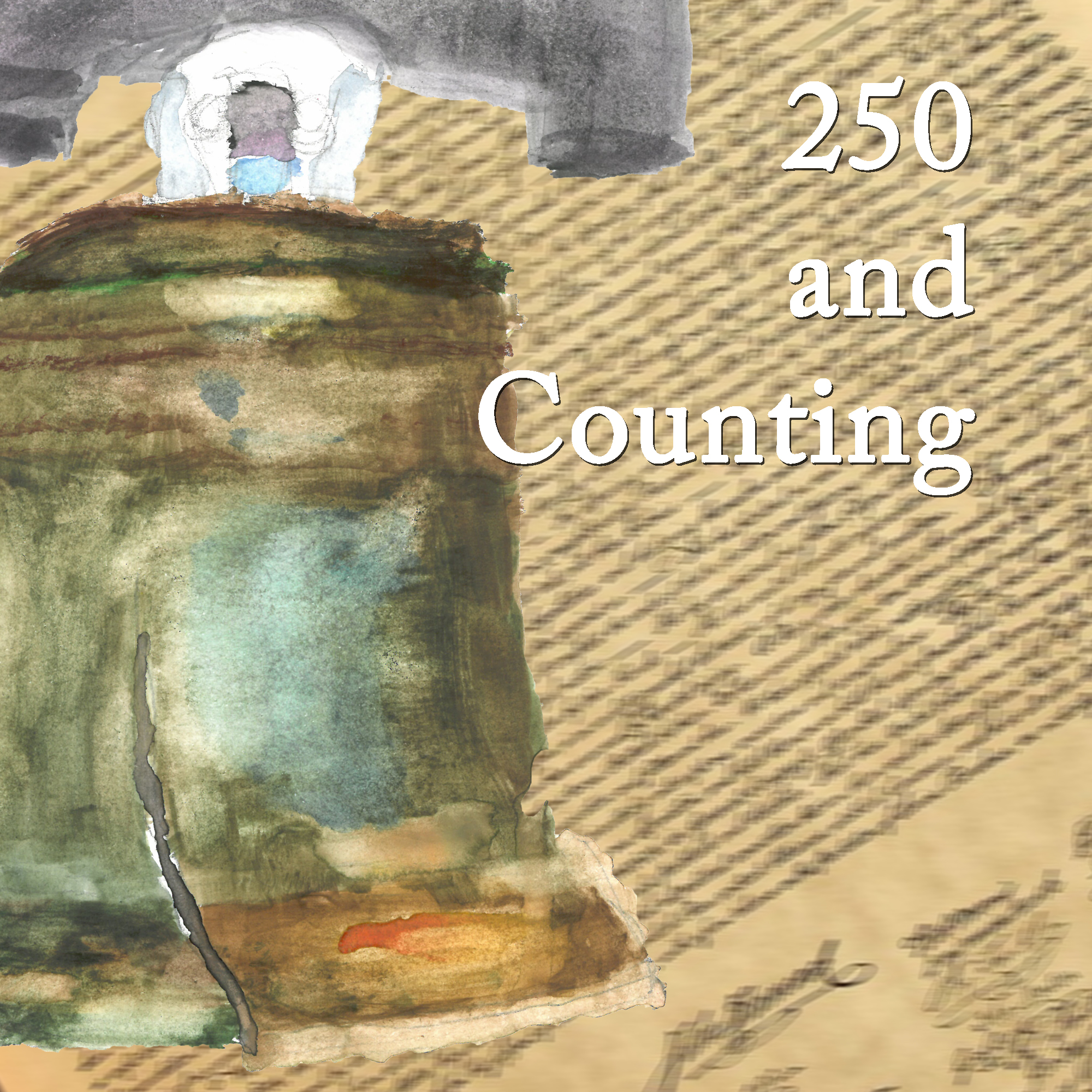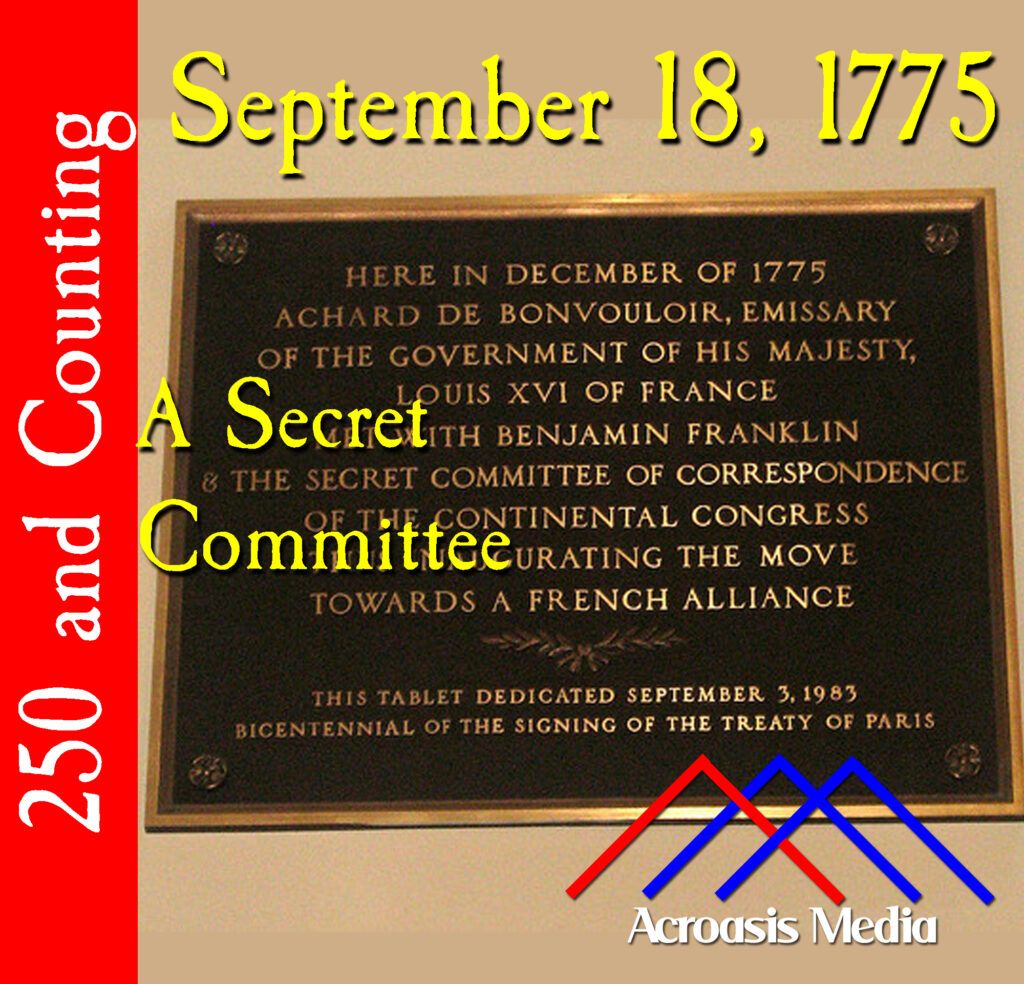
There are going to be days when no truly big events happen, but that wasn’t going to stop the Second Continental Congress from getting stuff done.
Today we have a bit of an image of that group as a bunch of men who are hard-drinking philosophers, ready—and maybe eager—to burst into fisticuffs, or perhaps the occasional song, depending on where you got your impressions.
So for that reason, we do like to remind you that the Continental Congress, for all their weird little squabbles, was a serious group of men. They took their jobs seriously, and put a lot of thought into everything they did. They often put in long hours, working until after darkness fell many days, and they typically worked six days a week.
Podcast: Play in new window | Download | Embed




